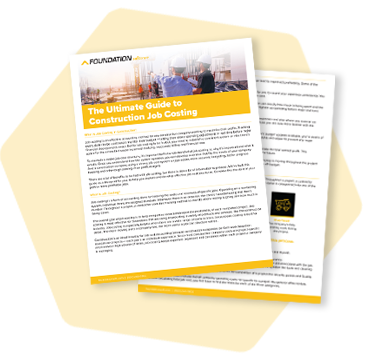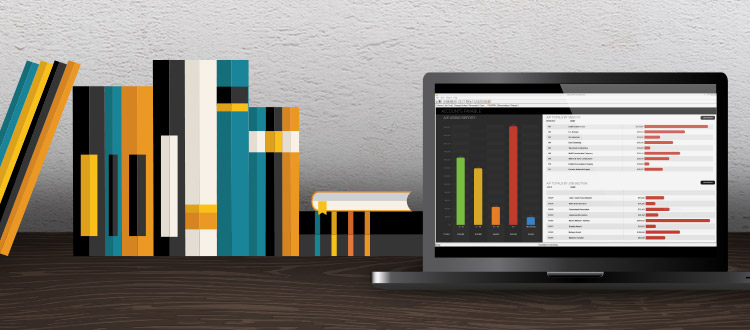
Switching from a small business accounting application like QuickBooks, construction accounting software can be a major change. It won’t happen overnight, but it’s entirely doable with the right preparation and support. As a QuickBooks contractor, how easy it is will depend on:
- how prepared your staff is
- how prepared your accounting is
- your relationship with your vendor
- and your expectations

Is Your Business Ready?
Accounting software like QuickBooks can be an outstanding product for small businesses. QuickBooks is very well-designed and simple enough to use that you don’t need an accounting background. There’s a good reason why it’s one of the most popular accounting applications. In fact, many small contractors use it successfully for years.
The trade-off is, less complexity means less control. And let’s be honest, your industry is more complex than the bakery in town that uses the same small business application. That doesn’t mean construction accounting software has to be complicated, hard-to-use and cumbersome. Far from it! It does mean it’s going to be different.
Is Your Office Ready?
Converting to construction accounting software, it becomes important for your staff to have a basic grasp of double-entry accounting, which is just a way of saying “debits” and “credits.” Every transaction has to increase or decrease one account and increase or decrease another, making sure your books always “balance.” General-purpose applications typically handle debits and credits behind the scenes — construction-specific software gives you more power, and with greater power comes greater accountability.
Your bookkeeper doesn’t need an MBA, but having a working knowledge of accounting principles before you start implementation is essential. The Internet has plenty of free resources to get a working grasp of the necessary accounting principles in an afternoon or two, like what a P&L is, how to read a balance sheet and how to use a WIP report.
More challenging than learning a new application can be learning new workflows, so make sure everyone’s on board. Change is hard. Looking at financials and cost tracking as two separate areas will be a very different way of thinking. One phrase makes the switch twice as hard as it would otherwise be: “But we’ve always done it this way.” A single resistant employee can have everyone working uphill. Having someone on board who’s experienced a software transition before can be a big help — especially if they’re an ally.
Involving your end-users (the people who will use it every day) in the selection process and software training will make the change easier for everyone. If your end-users are bought-in to making your accounting software implementation successful and have the foundational skills to help it succeed, it will go smoother and more successfully.
Is Your Accounting Ready?
Implementation will also be easier if you prepare your internal accounting systems. Think of this as doing site work. The right grading and shoring will mean a more stable structure and fewer fixes later.
[bctt tweet=”Prepping your internal systems before implementation is like doing site work. The right grading and shoring will set you up for a more stable structure.” username=”foundationsoft”]First, revisit your chart of accounts. For all of its strengths, QuickBooks contractors often use G/L accounts to help them job cost. Once you have a true job cost system in place, you should make sure your G/L is properly organized and numbered. Take the opportunity to sit down with your CPA to make sure your financial data is clean and review your chart of accounts.
Trying to translate your QuickBooks cost structure directly into your new construction system may look like a way to save time, but it makes as much sense as converting your driving skills to a dozer. Take the time to really think through what a successful job cost structure would look like for your company. Make it easier on your team by starting small and high-level until you have more processes in place. Plan this out with your construction CPA.
Your construction CPA will also be able to help fill in any gaps in your business processes, including workflows and internal controls. Their involvement throughout the processes will make the change much easier.
Are You Working Closely With Your Vendor?
A major key to success will always be talking with the vendor. Without doubt, they’ve seen hundreds if not thousands of QuickBooks conversions to construction accounting software. Make sure they know who you are, what you do and what your goals are. Then ask them:
- What common pitfalls do they see when going from QuickBooks to their application?
- What processes do they have to support conversion for a QuickBooks contractor?
- Do they support data conversion from QuickBooks?
Lean on their expertise, and let them help. Communicate where you might have struggles in making the leap. Working closely with your vendor will also help you form reasonable expectations based on their industry experience with QuickBooks contractors of your size, trade and situation.
What Are Your Expectations?
Remember that this is a process — both for you and for your employees. A transition that has lasting success should take three to six months. That includes:
- change planning
- system setup
- software training
- wrap-up and review
That’s not counting continuing education, which will also be a crucial ingredient in your success. Shortcuts to get you up and running in less than two months will make it much harder later. Take the time that you need, not the time that you wish it would take.
Focus on the core system you need to get up and running. Don’t take on everything at once. Create a game plan with your vendor to introduce additional features and modules later. The transition becomes much easier if you think of it as an ongoing project — not quick switch — so plan to continue learning. Budget out time and money for continuing education, consulting, user conferences, anything your vendor offers that can help you continue making it a success.
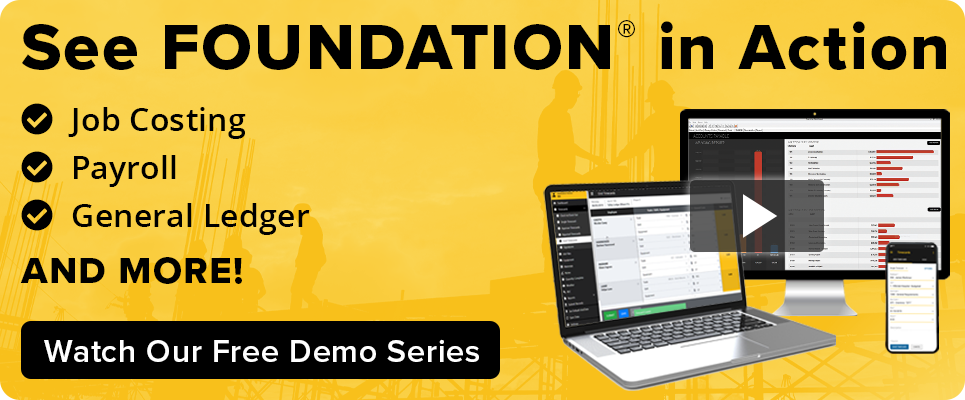
Switching from small business software to a construction-specific accounting program is a major step for your business. If you take the time with your office and with your vendor to do it properly, it’s something your whole company can be very proud of in the end.
Is the time right for you to go from QuickBooks to construction-specific? We can help you determine that by starting the conversation. Begin by scheduling a live software demo or calling us at (800) 246-0800.
Share Article
Keep on current news in the construction industry. Subscribe to free eNews!
Learn about our software more in depth with product overviews, demos, and much more!
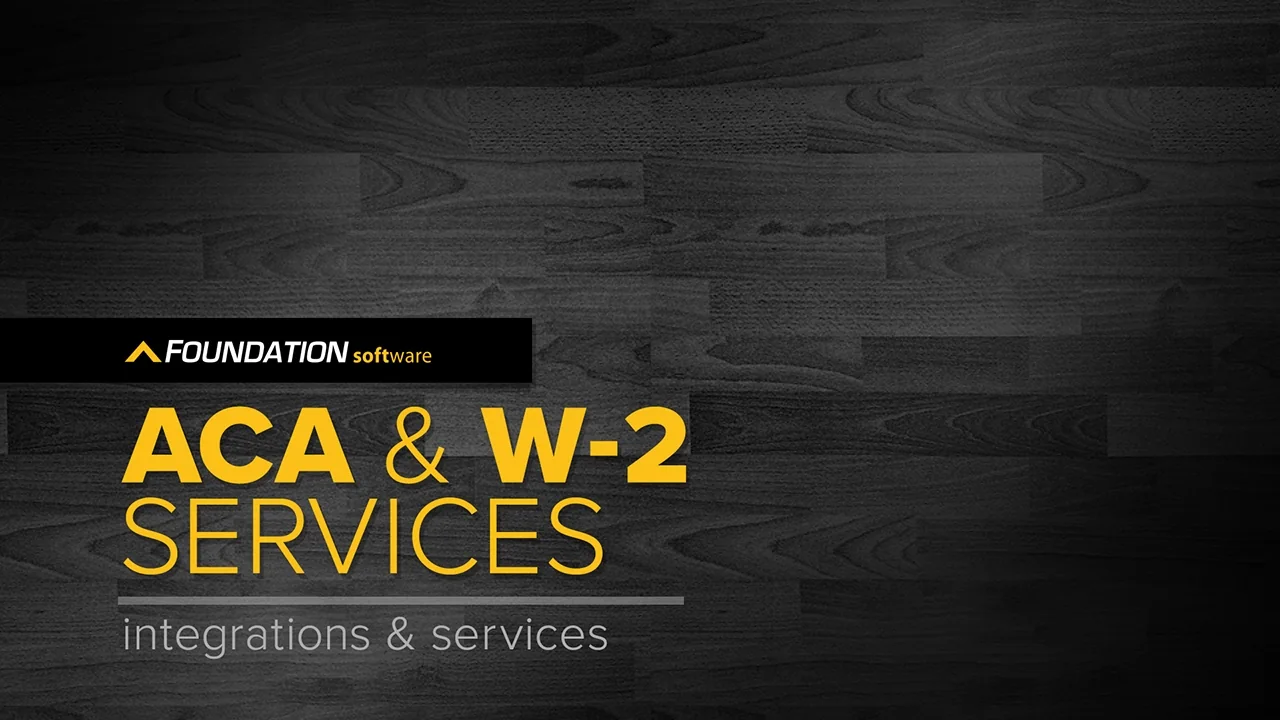
Our ACA reporting & e-filing services include official 1094-C and 1095-C IRS reporting, optional e-filing (no applying for a TCC code required), mailing to your employees and experienced support to help you.
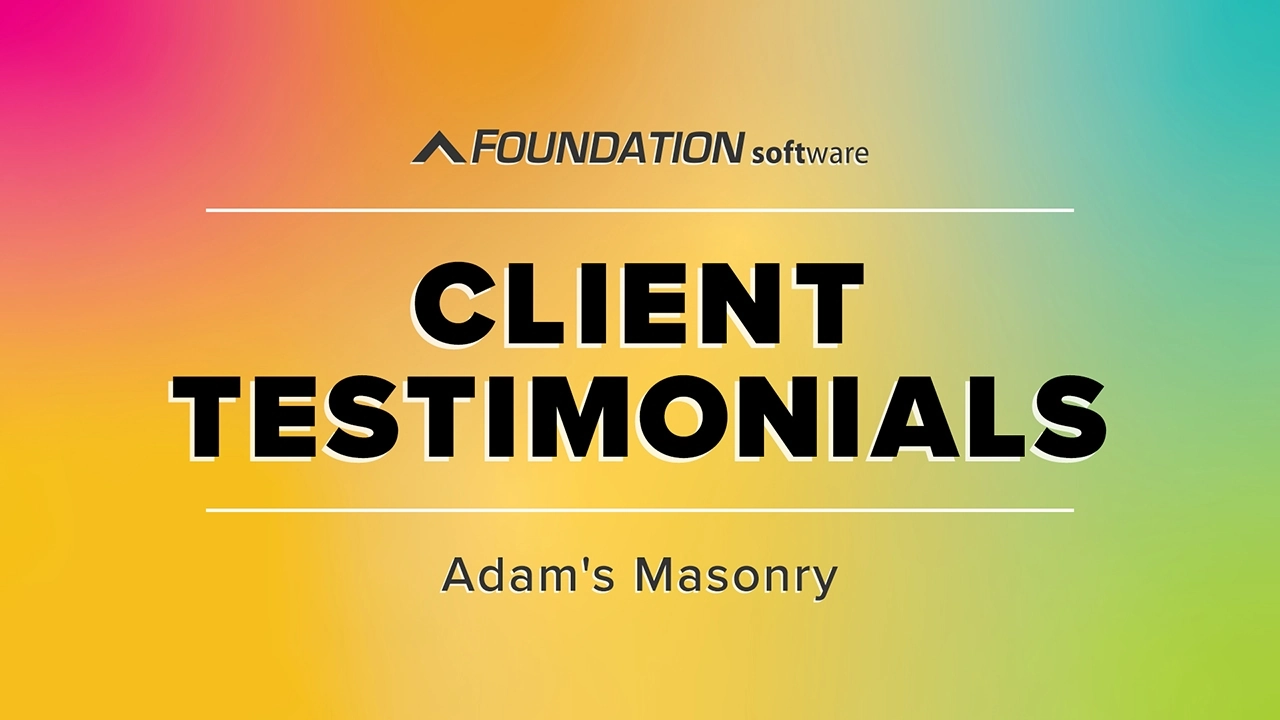
There are plenty of reasons to make FOUNDATION your choice for job cost accounting and construction management software — just ask our clients!
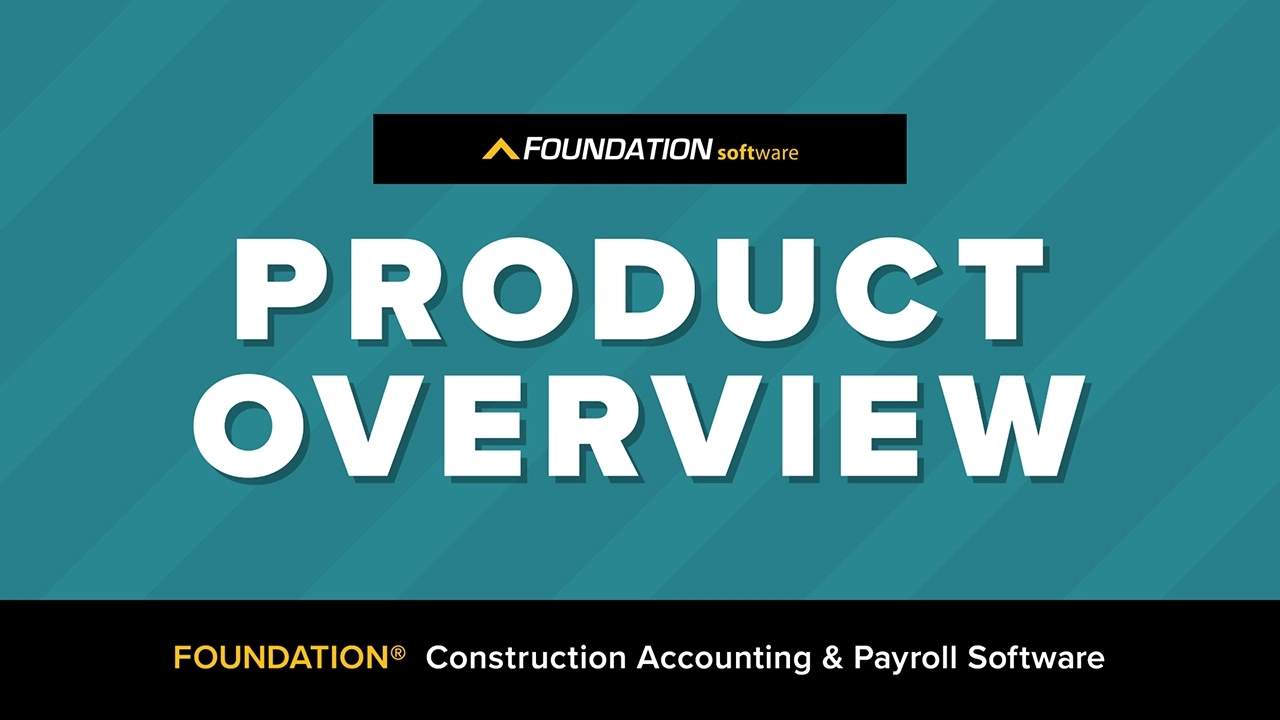
From job cost accounting software, to construction-specific payroll. Get an overview on your next all-in-one back-office solution.



